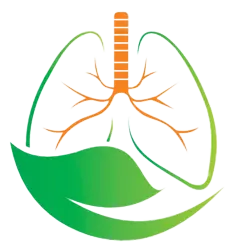Our Service
Smoking Cessation
Smoking cessation refers to the medical and behavioral support provided to help individuals quit smoking and overcome nicotine addiction. Since smoking is a leading cause of lung cancer, chronic obstructive pulmonary disease (COPD), and heart problems, quitting is the single most effective step toward improving lung and overall health. Doctors use a combination of counseling, medications, and lifestyle guidance to assist patients in breaking free from tobacco dependence. With proper support, individuals can achieve lasting success in giving up cigarettes and regain control over their health.
Advantages
Smoking cessation programs are designed to increase the chances of quitting successfully while reducing withdrawal symptoms and cravings. Medications such as nicotine replacement therapy, combined with professional guidance, make the process safer and more effective. Quitting smoking not only lowers the risk of serious diseases but also improves lung function, boosts energy levels, and enhances overall quality of life. Patients who stop smoking also benefit financially and experience better outcomes from medical treatments or surgeries if required.
How It Helps
A structured smoking cessation plan provides encouragement, medical supervision, and practical tools that make quitting easier. Patients gain confidence through step-by-step progress and learn healthier ways to manage stress without nicotine. Over time, quitting restores lung capacity, reduces coughing and breathlessness, and adds years to life expectancy. Beyond physical health, it brings emotional relief, as patients feel proud of their achievement and motivated to maintain a smoke-free lifestyle for themselves and their families.
